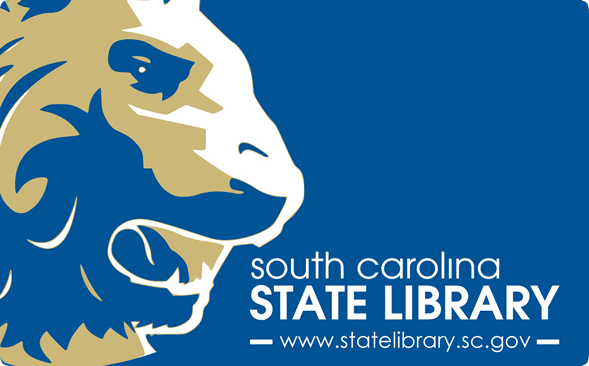Library of Congress Law Library
The Law Collection found in the Library of Congress - most notably in the Law Library of Congress, the world’s largest law library - constitutes a unique resource for Congress and the nation. Scholars, students, practitioners, and researches in law and related disciplines will find the breadth of the law collection, and in many areas its depth.

